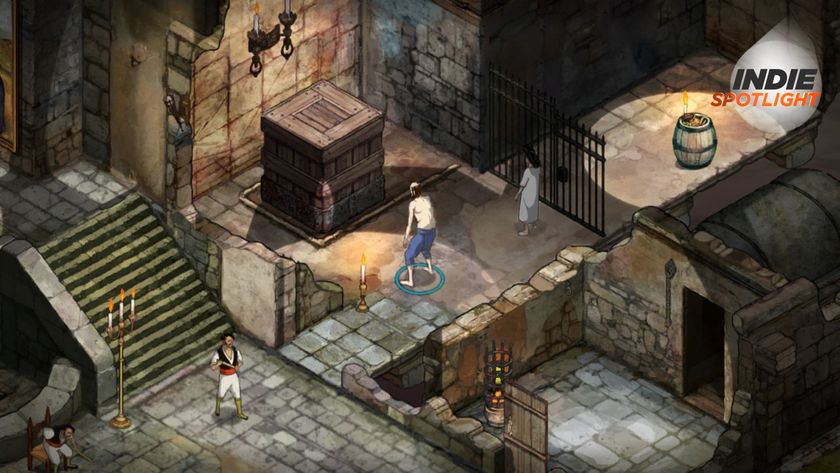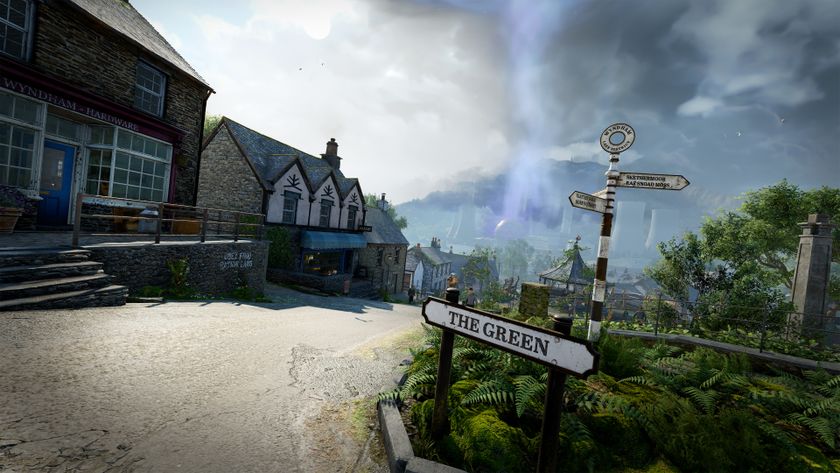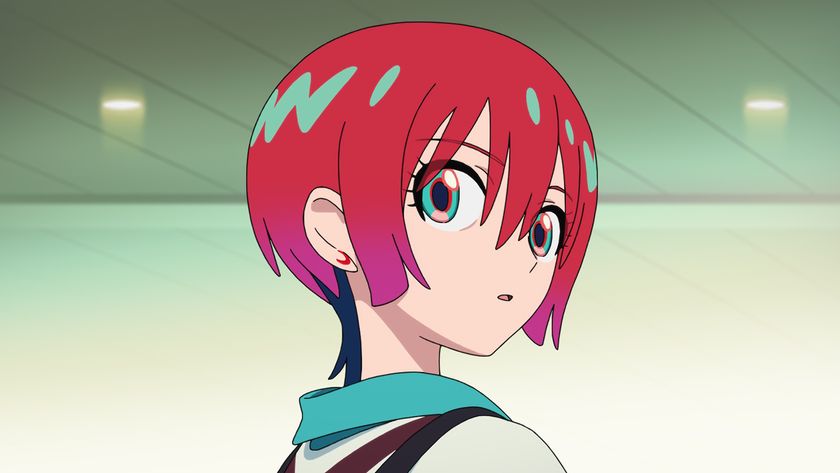What the hell is a Souls-like? Game devs break down FromSoftware's accidental genre
Developers on Death's Gambit, Mortal Shell, Eldest Souls, Salt & Sanctuary, and more explain what makes a Souls-like, Souls-like
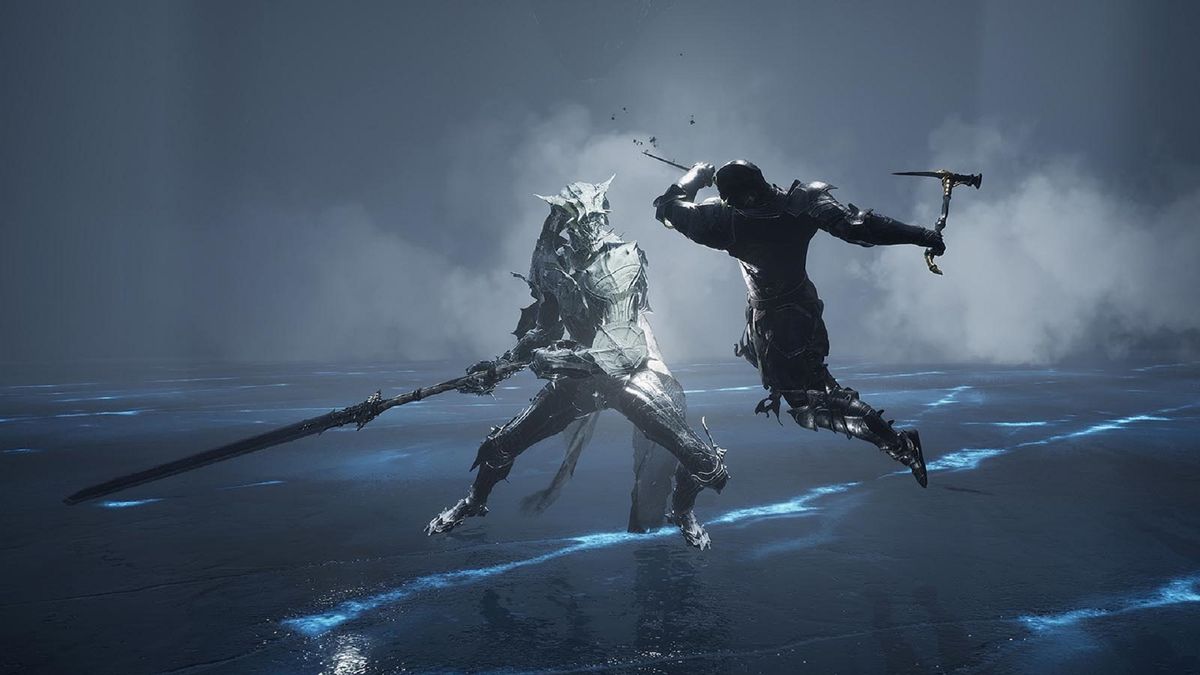
We've seen lots of genres explode in the last decade, from autobattlers to battle royales, but none quite as singular, impenetrable, or arguably misused as Souls-like. I don't know what a Souls-like is at this point. I think I do, but you'd probably disagree. Everyone seems to have their own definition, and plenty hold no opinion at all – how lucky they are. I should know; I've stewed on this for years. So with Elden Ring about to reignite Souls discourse for at least six months, I really wanted to put this topic to bed now, or at least try to.
I couldn't do it alone, so I spoke to a whole bunch of developers who've made games that are widely described (or self-described) as Souls-likes to ask what this sub-genre means to them and whether Souls-like is a good label for us to use at all.
How do you define Souls-like?

Let's start from square one: what is a Souls-like? The developers I spoke to touched on a broad range of top-level elements but not many of the specific mechanics we might immediately associate with the genre. In other words, Souls-like is more about feeling than actual Souls, bonfires, and Estus. For example, Arthur Decamp of Dead Cells studio Evil Empire argues that it's a mix of "uncompromising action and deep mechanics that makes this genre so special."
James Silva, the lead on Salt and Sanctuary at Ska Studios, points to "deliberate and meaningful exploration," not just of the world, but the entire game. On top of dangerous and intertwined areas, Souls-likes force you to explore different tactics and character builds, and they're more than happy to let you screw up all of these things. "Because you can make very poor decisions, making very good decisions feels meaningful," Silva says.
Kiron Ramdewar of Mortal Shell publisher Playstack believes that "the better Souls-likes have a sense of loneliness and overbearing struggle that almost oppresses the player – their world-building and atmosphere are just as important as their tight hitboxes or twisted enemy design." He also describes good Souls-likes as preserving "a sense of mystery that is becoming rare nowadays" by hiding secrets in their worlds and allowing players to miss them. When you can very easily fail or overlook things, success and discovery are that much sweeter.
In a similar vein, Alex Kubodera, co-founder of Death's Gambit: Afterlife studio White Rabbit, stressed that risk is essential to a Souls-like. "Every player action is a balancing act of risk and reward," he says. "The limitations of stamina and patience add to that risk and create a real sense of euphoria when you reap the rewards."

The concept of stamina raises a more specific point that comes up again and again: a very particular type of combat. Jonathan Costantini of Eldest Souls developer Fallen Flag described Souls-like combat as skill-based action. Pierre Tarno of Sloclap, the creator of Absolver and Sifu, touched on "deliberate combat" with a high level of "commitment through stamina and recovery."
Sign up to the 12DOVE Newsletter
Weekly digests, tales from the communities you love, and more
Jean Canellas, co-founder at White Rabbit, zeroed in on the pacing of the action. "Most games with melee combat focus on fast attacks that sometimes come out in a few frames, and this usually feels much more immediately rewarding," he says. "Souls-likes usually have attacks with a high amount of start-up frames before an attack deals damage."
FromSoftware's games are also known for their convincingly heavy weapons, and Decamp likewise brought up how purposeful Souls-like combat tends to feel: "I know that when I play such a game, I need to really focus on the action, try to understand everything. Even though these games tend to be action-packed, they also require the player to analyze rather than just banging their head against the wall until it cracks."
"Because you can make very poor decisions, making very good decisions feels meaningful"
James Silva, Ska Studios
It's interesting to me that the devs I spoke to focused on big-picture stuff whereas many people latch onto individual mechanics when identifying Souls-likes. In fact, a few devs argued that many games with mechanics similar to the Souls games aren't even Souls-likes at all. Canellas says Hollow Knight isn't a Souls-like, for instance, while Kubodera reckons Dead Cells isn't either, and I'd agree with them both. Decamp acknowledges that while Dead Cells does have some similar ideas, "the games differ on other aspects, the framing of the game being the most obvious one," hence why the popular indie is officially described as a "Souls-lite" game.
There's a risk of shortsightedness when differentiating how a game feels and what it's trying to do as opposed to exactly how it goes about those things. Sometimes there's too much overlap (and too much jargon) in how we sort games as products versus how we describe them as experiences. As Kubodera puts it, "all too often I feel like someone sees an on-death mechanic and that alone is enough for them to call [that game] a Souls-like. Maybe there should be a minimum checklist."
Does a Souls-like have to be hard?
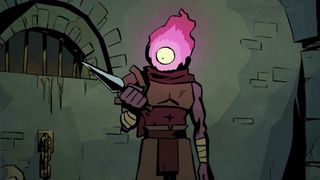
Speaking of a checklist, I did specifically ask if a high level of difficulty is integral to the Souls-like experience, and the group was divided. Costantini, for example, believes that "a Souls-like game has to be inherently hard" but acknowledges that "that might change for each player," and he praised the rise of diverse approaches to difficulty in this space. Silva, meanwhile, argues that a challenge is essential because "well-thought exploration can't feel meaningful without significant penalties for carelessness."
Many devs also feel that the difficulty debate can be a red herring. Decamp agrees that games which are marketed as Souls-likes are probably going to be hard, but with the caveat that while "difficulty has become inherent in the label, ideally, it shouldn't be… it's FromSoftware's science of timings and their airtight mechanics that should be praised rather than the difficulty of their games."
Kubodera and Canellas are of a similar mind, and don't feel that Souls-likes necessarily have to be super challenging. "The difficulty has to be deliberate in a way that leverages risk and reward," Kubodera says. "Part of what makes a Souls game so rewarding is overcoming mechanical difficulty by learning patterns and systems. If you can still create that euphoria without challenge, then you've probably created a new sub-genre of Souls-likes."


"I think in general a Souls-like will be harder than the average game, but I find the difficulty shift due to the lack of hand-holding rather than an inflated difficulty, when done well," says Kiron Ramdewar from Playstack. "Combat is not necessarily more challenging than other games, it’s more that the game explains less to you and demands more attention."
All of these responses help illustrate the benefits of challenge, and importantly, they describe difficulty as more of a function of design goals rather than a goal in and of itself. Good games and Souls-likes don't make bosses, encounters, or mechanics really tough just because they want to sit at the big kids table; they do it – or might do it – to support the experience they're trying to build and the response they want from players.
This sentiment was recently echoed by FromSoftware president Hidetaka Miyazaki. "I feel like our approach to these games, not just Elden Ring, is to design them to encourage the player to overcome adversity. We don't try to force difficulty or make things hard for the sake of it. We don't want players to feel like the game is unfairly punishing, but rather that there's a chance to win a difficult encounter and make progress," said the Dark Souls director, speaking with the PlayStation Blog.
With Elden Ring, it feels like even FromSoftware is trying to break free of the difficulty-first reputation that the Souls brand has acquired (and which the fandom has built up), and instead show off its talent for building worlds and characters while simultaneously inviting players who were put off by its other games. "We understand that Souls-like games are regularly associated with impossible levels of difficulty with high barriers to entry," Miyazaki adds. "But we try to design the games to make the cycle of repeatedly trying to overcome these challenges enjoyable in itself."
Why did Souls-like catch on?
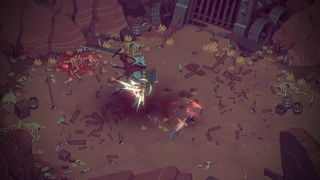
Iconic games are frequently used as design shorthand; Metroidvanias and Rogue-likes are other big examples, but Souls-like is even more inscrutable. It encompasses much broader themes, yet it has the same underlying problem as similar genres: it only works if you're already in the know. If you don't know Dark Souls from experience or by reputation, Souls-like doesn't tell you much of anything. And if you do know the series, but have avoided it because it's not your thing, the term 'Souls-like' might put you off some games that you'd actually enjoy.
"This kind of naming scheme allows players to easily draw a mental picture of the game, even if it can be misleading or imprecise," Tarno says. "Sometimes it's just a neat tool to quickly communicate an idea. Now, when you really want to go into the nitty gritty of a game, it can be very misleading by restricting the concepts or mechanics established in the game and finally robbing it of its identity." Decamp supports Tarno's point: "Naming a genre after a specific game creates the risk that it might become gospel for new games it inspires, thus limiting creativity and innovation."
"Before Souls-like became a meme, avid Souls fans were extremely excited that we used that label. We wouldn't have had the initial burst of interest that propelled us into publishing talks if they weren't"
Alex Kubodera, White Rabbit
"Is it reductive? Maybe," Kubodera says of the label. "But in theory, it helps people find what they want. Ideally, there is an agreed-upon philosophy that defines each one." Meanwhile, Silva compares it to the trademark erosion seen with things like Bandaid and Kleenex, where a brand can become synonymous with certain kinds of products. "People disseminate ideas they like," says the Salt and Sanctuary developer. "If people liked a more appropriate term more than Souls-like, that's what we'd have instead. As a wise woman once said: 'Stop trying to make fetch happen.'"
Most of the devs I spoke to are generally fine with the Souls-like genre, though some do feel it needs to mature. Silva appreciates that it at least "doesn't come across as dismissive, like 'Minecraft Clone.'" Ramdewar notes the gray areas it can create: you can play 10 Souls-likes and get 10 dramatically different experiences. We compare games all the time, usually to offer a point of reference for something new, and Dark Souls can be a fair comparison too, though it's arguably cited a bit too often. Souls-like really only works as a label when it's couched in other, more descriptive terms – and if we have those terms, do we need labels like Souls-like at all?
Should we keep calling games Souls-likes?
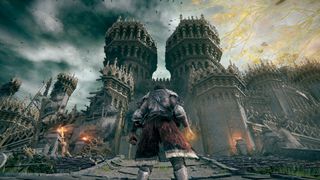
Souls-like has become much more than a fad or a flippant Steam store tag. Like it or not, it's a legitimate industry term that's here to stay, and just as our perception of it continues to evolve, so does its impact on games. It's a great example of how terminology can shape player expectations and even affect how games are made.
"Making an indie game inspired by Dark Souls in 2015 was a hard sell for many, but making a Souls-like today is completely noncontroversial"
James Silva, Ska Studios
"Death's Gambit absolutely started off as a Souls-like," Kubodera explains. "Perhaps our marketing focused too much on that, to the point that people didn't see past the obvious homages and assumed it was derivative. But before Souls-like became a meme, avid Souls fans were extremely excited that we used that label. We wouldn't have had the initial burst of interest that propelled us into publishing talks if they weren't. We've since transformed Death's Gambit over the years into more of a Metroidvania, which was where most of our fans surprisingly came from."
"Making an indie game inspired by Dark Souls in 2015 was a hard sell for many, but making a Souls-like today is completely noncontroversial," Silva says, noting the split responses to Salt and Sanctuary when it was first announced. Costantini reckons that the tags and reviews of today's digital stores help prevent confusion nowadays, but he still cautions people to be careful with their wording: "If a game uses the Souls-like tagline or any other a bit too freely, it will probably catch flak for it or draw the wrong audience, and consequently cause the reviews to reflect the unmet player expectations."
Like the developers I spoke to, I wish I had a one-line, universal definition of Souls-like that everyone could point to. If you do, please share it. But if anything, these discussions have convinced me that we may never have that. For lack of a better word, Souls-like is a vibe. There's nuance to it that isn't apparent in the inelegant label itself, so it's important to pin down exactly what we're talking about if and when we use it, or similar terms, to describe games.
I don't love it, but I've come to accept Souls-like as an inevitability, and everyone I spoke with agreed that the label isn't going anywhere. If anything, we may see an uptick in the use of Souls-like after Elden Ring, and it's only a matter of time before another game makes huge waves and spawns the next eclectic sub-genre. Here's hoping the conversations around that game and the games it inspires are less messy.

Austin has been a game journalist for 12 years, having freelanced for the likes of PC Gamer, Eurogamer, IGN, Sports Illustrated, and more while finishing his journalism degree. He's been with 12DOVE since 2019. They've yet to realize his position is a cover for his career-spanning Destiny column, and he's kept the ruse going with a lot of news and the occasional feature, all while playing as many roguelikes as possible.
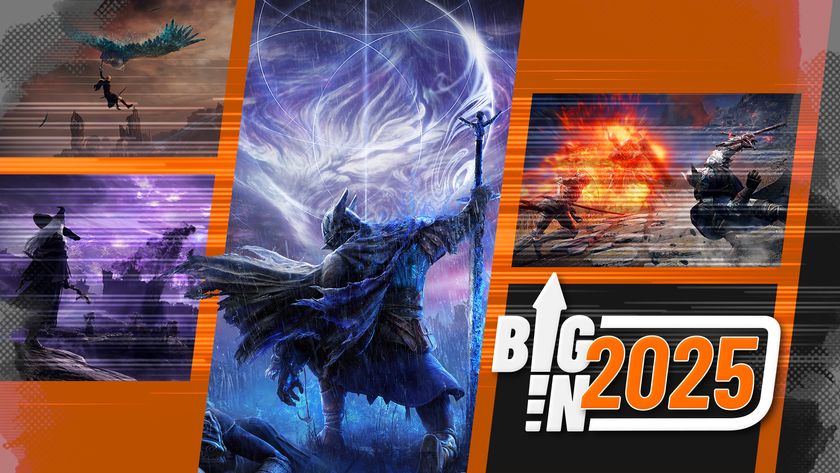
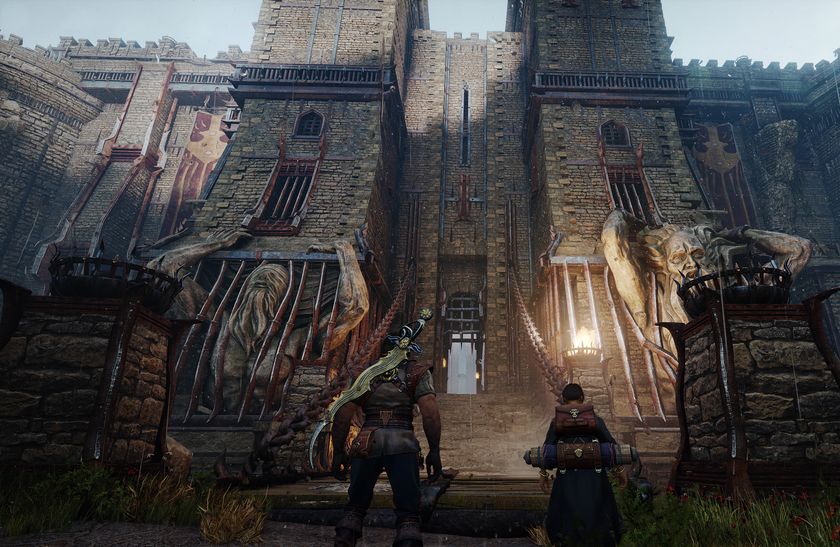
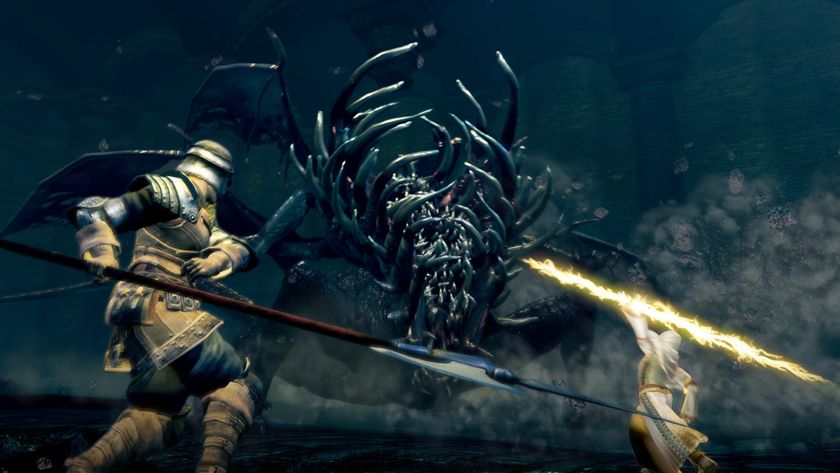
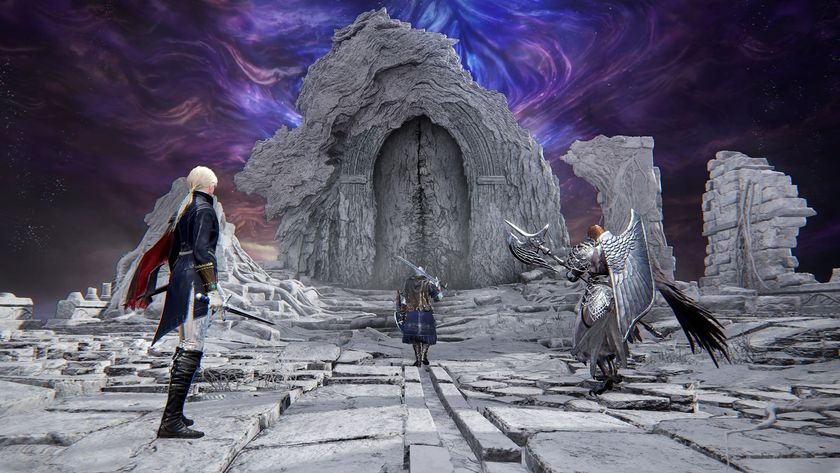
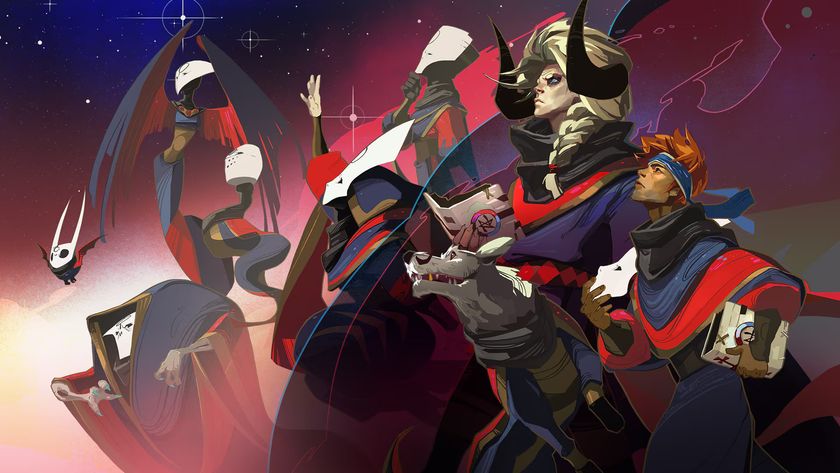
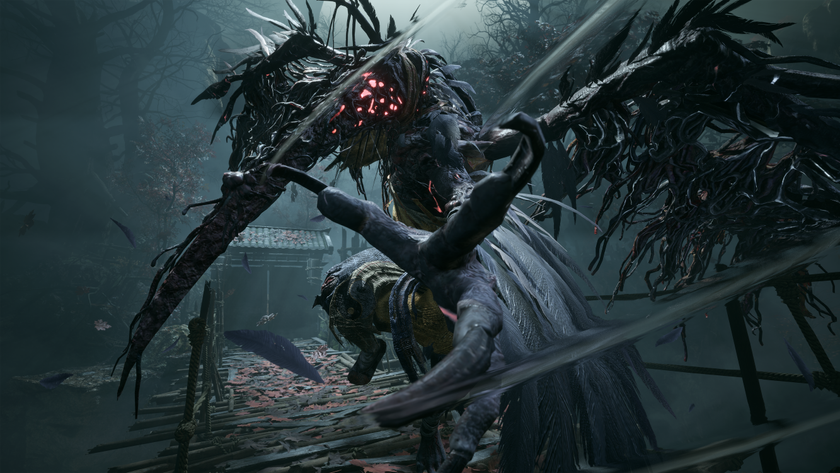
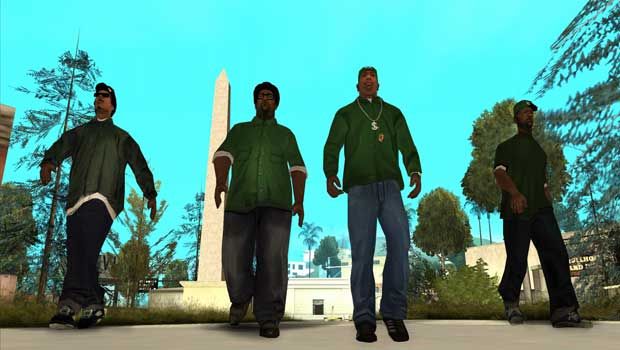
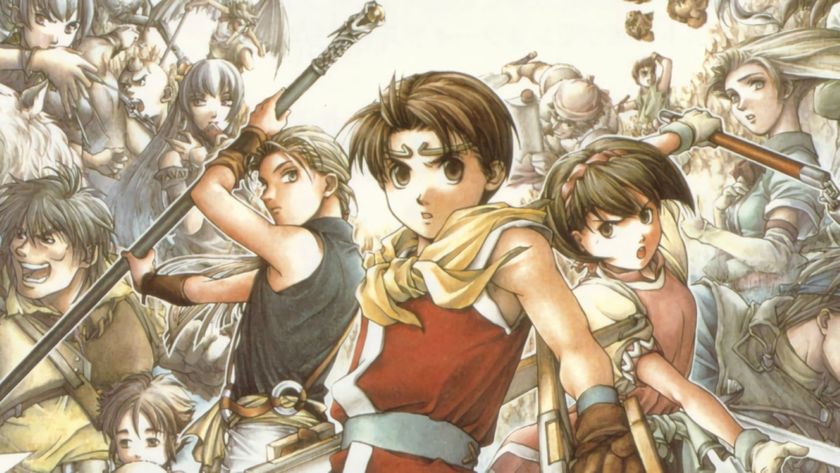
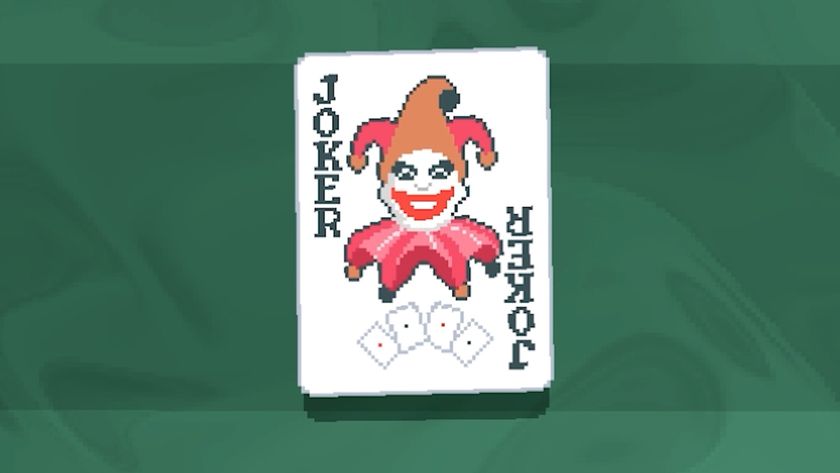
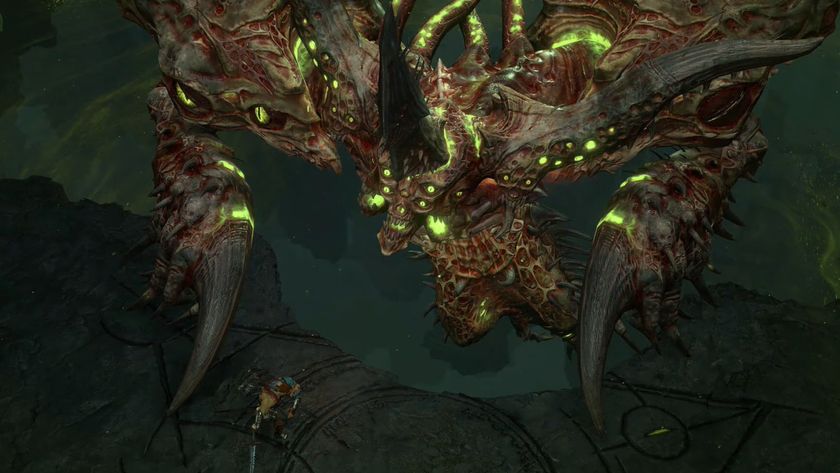
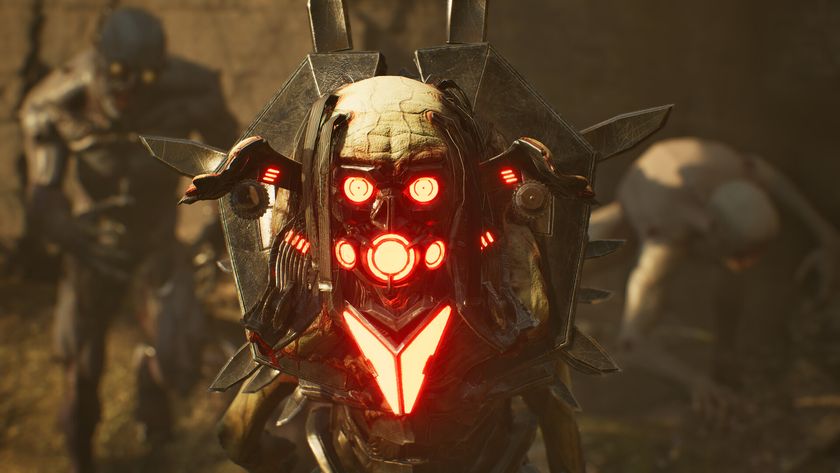
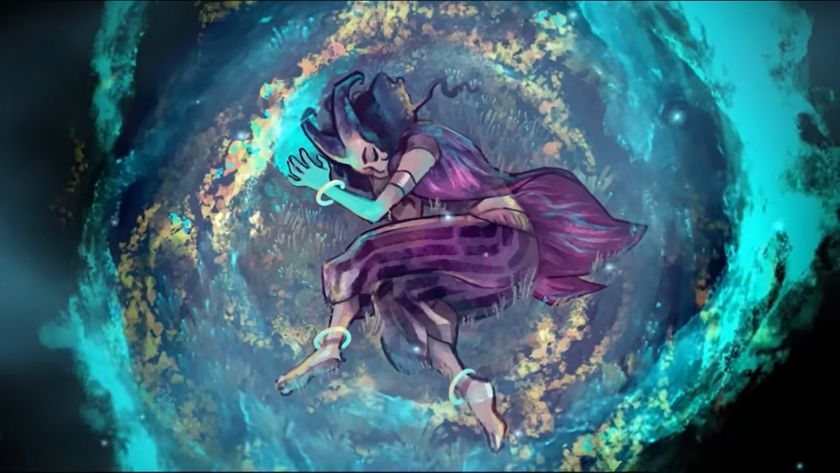
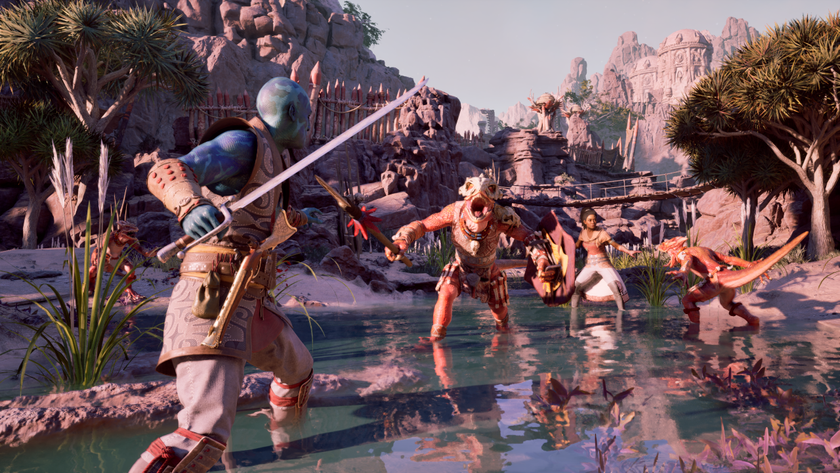
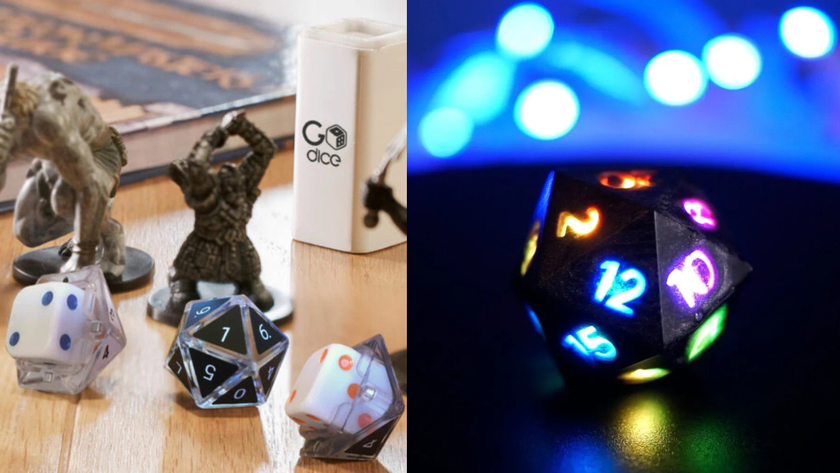
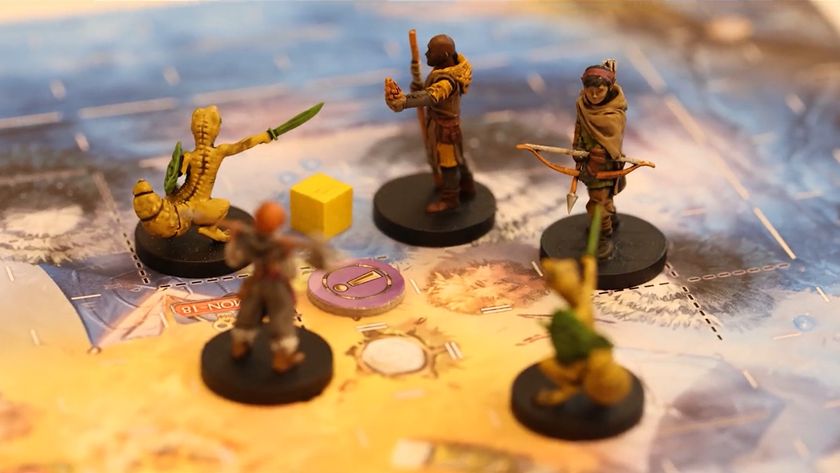




Former Xbox boss says GTA: San Andreas and its infamously NSFW Hot Coffee minigame "signified a maturing of the industry" and put games "on par with movies and music"

As Suikoden returns from the dead, Konami wants the cult JRPG classic to "become a huge title that can rival other AAA" games


